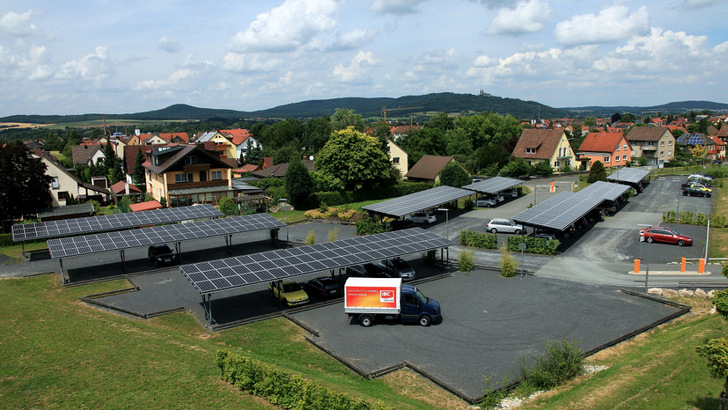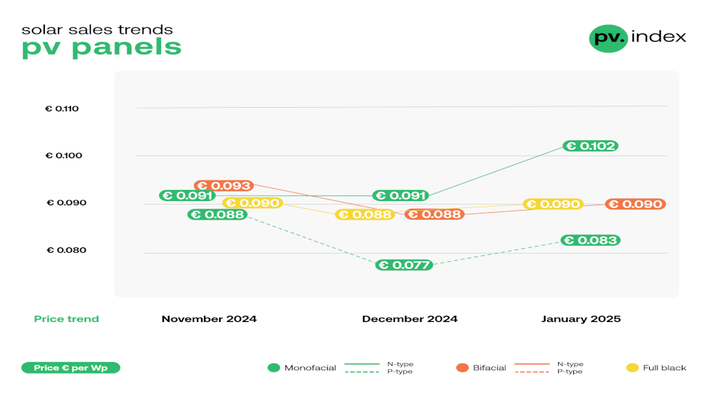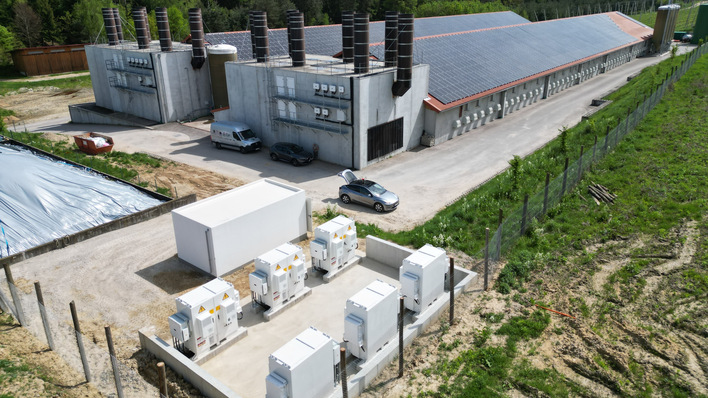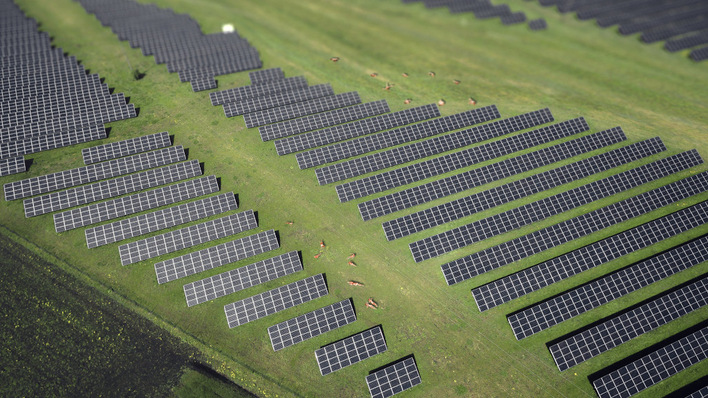These recommendations were published by a research team of the Öko-Institut on behalf of the Climate Action Network (CAN) Europe. The aim is to show how the current proposals of the EU Commission can be made even more effective. The Commission plans to introduce the solar roof obligation throughout the EU in the course of amending the Energy Performance of Buildings Directive (EPBD).
Introduction of the solar obligation from 2024
The scientists recommend starting the solar obligation two years earlier, at the end of December 2024, unlike the Commission's proposal (end of 2026). Thus, after the planned implementation at EU level in the middle of next year, the member states would still have one and a half years to transpose the EU directive into national law.
See also: New EU Building Climate Tracker
The staggered introduction according to building types would enable an early start of the obligation. In parallel with the gradual extension of the obligation, the necessary craftsmen and women can be trained and the infrastructure for the material built up to avoid staff shortages and peaks for the solar industry.
Thinking more space for solar
Accordingly, every building whose roof is undergoing substantial renovation should - just like new buildings - be obliged to install a solar system directly from the end of 2024, the scientists demand. According to the Öko-Institut, this should also apply to new car parks. The EU's legislative proposal so far does not take into account solar installation at the time of a roof renovation.
Furthermore, the obligation for unrenovated buildings should also apply to commercially operated residential buildings in addition to the commercial and public buildings proposed by the EU. This obligation is to be introduced in a staggered manner according to roof size and only for roofs with a remaining life expectancy of at least 20 years. For existing privately owned residential buildings, the member states are to create incentives so that the roofs are equipped with solar systems. In addition, a European solar roof register can enable property owners to make their roofs available to third parties for photovoltaic installations.
Recommendations for solar thermal and less bureaucracy
The European solar obligation should also allow solar thermal plants to fulfil the obligation. However, since these systems usually only occupy a small proportion of the roof area, they would only be able to fulfil the solar obligation in combination with a photovoltaic system.
Also interesting: European orders for PV-equipment higher than Asian orders
The member states should set up support programmes for this, especially for low-income households. After all, they should also be included in the obligation in order to be able to participate in the energy transition. A one-stop shop for all the necessary information and forms should keep the bureaucratic burden as low as possible. (nhp/mfo)








